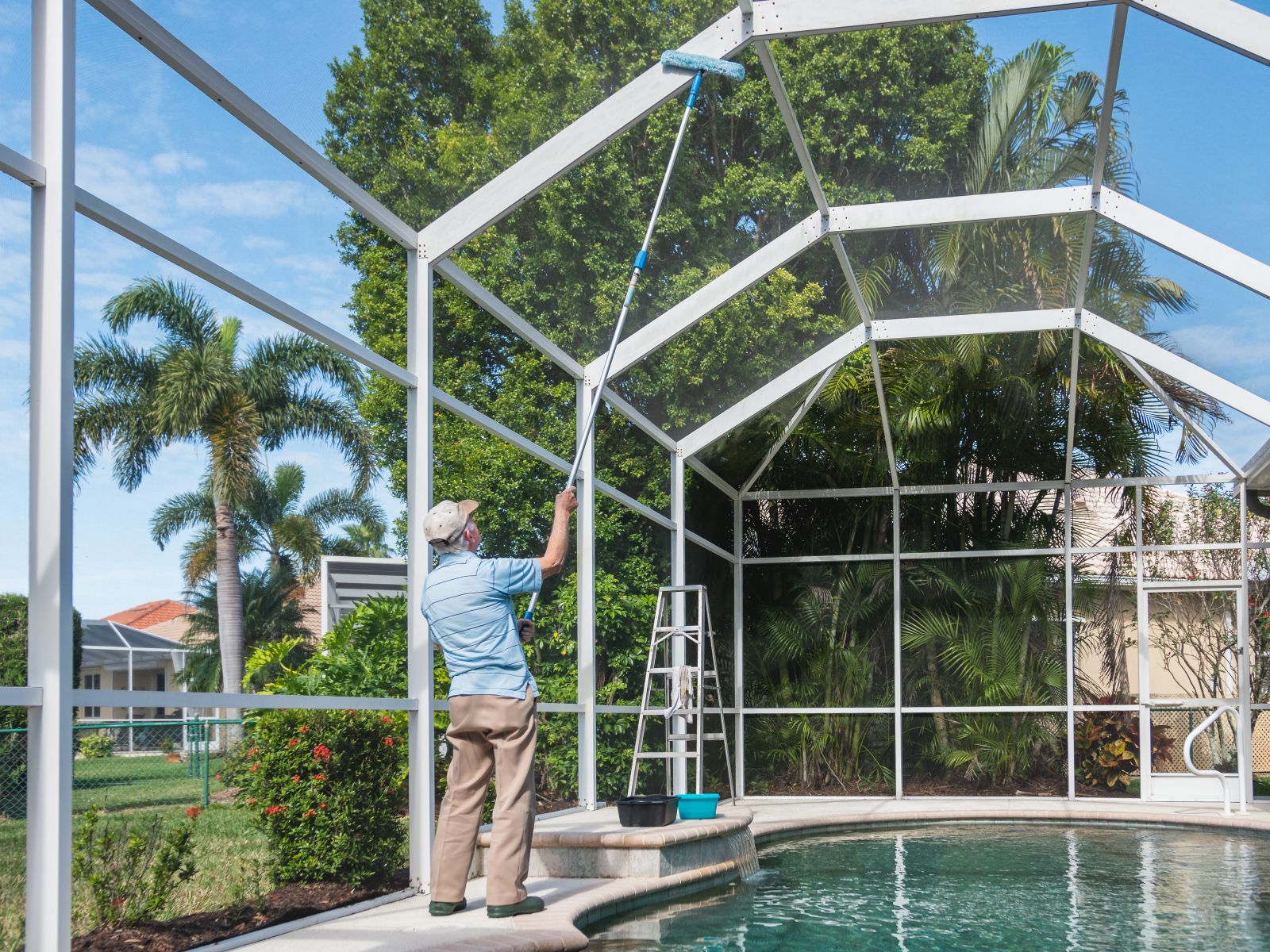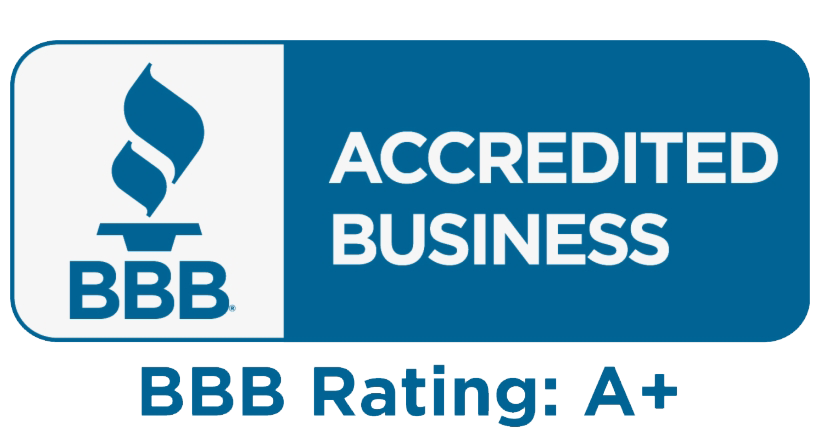Blog

What Is a Block Paving Driveway? Benefits, Patterns, and Patio Enclosure Design Ideas
When searching for a durable and visually appealing driveway option, you’ve likely come across the term “block paving driveway.” But what is a block paving driveway, and why is it such a popular choice for homeowners? If you’re considering upgrading your driveway or simply curious about what block paving involves, this guide will walk you through everything you need to know—from its benefits to the installation process and beyond.
But here’s the best part—block paving isn’t limited to driveways. It pairs beautifully with patio enclosures, allowing homeowners to extend their living space into the outdoors without sacrificing style or functionality. Whether you’re envisioning a cozy, screened-in patio or a glass-enclosed sunroom, combining block paving with a patio enclosure creates a cohesive, weather-protected area perfect for relaxing or entertaining.
Patio Enclosures: The Perfect Addition to Block Paving Designs
Block paving driveways can seamlessly extend into outdoor patios, making them a great foundation for a patio enclosure. These enclosures not only enhance privacy and protection from the elements but also create a cohesive, functional outdoor living space. Whether you envision a glassed-in sunroom or a screened patio, integrating a patio enclosure with your block paving design can elevate both aesthetics and usability.
What Is Block Paving Driveway?
A block paving driveway is a surface constructed using blocks or bricks, which are laid out in specific patterns to create a stable, long-lasting driveway. These blocks are typically made from materials like concrete, clay, or natural stone and come in a wide variety of shapes, sizes, and colors.
Block paving offers a versatile and aesthetically pleasing option for homeowners who want a driveway that stands out. Unlike traditional asphalt or gravel, block paving allows for creative designs, adding a touch of elegance to your property’s curb appeal.
Key Benefits of Block Paving Driveways
Why choose block paving over other driveway materials? Here are some key benefits that make it a popular choice for homeowners:
1. Durability
Block paving is highly durable and designed to withstand the weight of vehicles, making it a perfect choice for driveways. When properly installed, it can last for decades without the need for major repairs. The individual blocks are also resistant to cracking and breaking, meaning minor damages can be easily fixed by replacing a single block rather than resurfacing the entire area.
Expert Insight: “The interlocking design of block paving creates a stable, flexible surface that adapts to movement, reducing the chances of cracks compared to rigid surfaces like concrete,” explains James Wilson, a professional paving contractor.
2. Low Maintenance
A block paving driveway requires minimal maintenance. Occasional cleaning and resealing are all that’s needed to keep it in top shape. If you do encounter any damage, the individual blocks can be easily lifted and replaced, making repairs simple and cost-effective.
3. Aesthetic Appeal
One of the biggest advantages of block paving is its aesthetic flexibility. You can choose from a wide range of colors, textures, and patterns to create a driveway that complements your home’s style. Whether you prefer a sleek, modern look or something more rustic, block paving can be customized to suit your vision.
4. Permeable Surface
Unlike traditional concrete or asphalt, block paving can be designed to be permeable, allowing water to drain naturally into the ground. This makes it an environmentally friendly option that reduces the risk of flooding and water pooling on your driveway.
The Installation Process: How Block Paving Driveways Are Made
If you’re curious about how a block paving driveway is installed, here’s an overview of the step-by-step process:
1. Site Preparation
The first step is to prepare the site by removing any existing materials, such as an old driveway, grass, or topsoil. The area is then excavated to the necessary depth to accommodate the sub-base and the blocks themselves.
2. Laying the Sub-Base
A stable sub-base is crucial for the durability of your driveway. A layer of crushed stone or gravel is compacted to create a firm foundation that will support the block paving. This layer also helps with drainage, preventing water from pooling under the surface.
3. Adding a Sand Layer
A layer of sharp sand is spread over the sub-base. This sand layer acts as a cushion and helps to level the surface before the blocks are laid. The sand is carefully compacted and smoothed to ensure an even base for the block paving.
4. Laying the Blocks
The blocks are laid out in your chosen pattern, whether that’s a herringbone, stretcher bond, or basket weave. The interlocking design of the blocks creates stability and distributes the weight of vehicles evenly across the surface.
5. Compacting and Finishing
Once the blocks are in place, a vibrating plate compactor is used to firmly set the blocks into the sand layer. A layer of fine sand is then swept over the surface to fill in the gaps between the blocks, further locking them into place.
Expert Insight: “The beauty of block paving is that it’s easy to install, but it requires precision and care to ensure a long-lasting surface,” notes Sarah Brown, a paving expert. “Proper compaction is key to avoiding shifting or settling over time.”
Types of Materials Used in Block Paving
There are several materials available for block paving, each offering different advantages depending on your needs and budget.
1. Concrete Blocks
Concrete blocks are the most common choice for block paving driveways. They are affordable, durable, and come in a wide variety of shapes and colors. Concrete is also easy to maintain and resistant to weathering, making it a great option for driveways.
2. Clay Blocks
Clay blocks are known for their rich colors and timeless appeal. While they are more expensive than concrete, they offer a high-end look and are extremely durable. The color of clay blocks won’t fade over time, ensuring that your driveway looks beautiful for years to come.
3. Natural Stone
Natural stone blocks, such as granite or sandstone, offer a premium finish and an earthy, natural appearance. They are highly durable and add a touch of luxury to any driveway. However, they are the most expensive option for block paving.
Common Patterns for Block Paving Driveways
One of the most appealing aspects of block paving is the ability to create unique patterns that suit your home’s aesthetic. Some popular patterns include:
- Herringbone Pattern: This is one of the strongest patterns for block paving. The interlocking design makes it highly resistant to movement, making it ideal for driveways that experience heavy traffic.
- Stretcher Bond: This simple yet effective pattern involves laying the blocks in straight lines. It’s perfect for homeowners looking for a clean, modern look.
- Basket Weave: A more decorative option, the basket weave pattern alternates between horizontal and vertical blocks to create a woven appearance. This pattern adds texture and interest to any driveway.
Maintenance Tips for Block Paving Driveways
While block paving is low-maintenance, a little care can go a long way in ensuring its longevity. Here are some maintenance tips to keep your driveway looking its best:
- Regular Cleaning: Sweep your driveway regularly to remove dirt, leaves, and debris that can build up between the blocks. Periodic pressure washing can help remove stubborn grime.
- Weed Prevention: Over time, weeds may start to grow between the blocks. Use a weed killer or a sealant to prevent unwanted growth.
- Resealing: Depending on the material, consider resealing your driveway every few years to protect it from weather damage and keep the blocks looking fresh.
- Repairing Blocks: If any blocks crack or shift, they can easily be lifted and replaced without disrupting the entire surface, which is one of the most significant advantages of block paving.
Conclusion: Is a Block Paving Driveway Right for You?
So, what is block paving driveway? In short, it’s a visually appealing, durable, and low-maintenance option for homeowners looking to enhance their property’s curb appeal. With a range of materials, colors, and patterns to choose from, block paving allows for personalization while providing a functional surface that can stand the test of time.
If you’re looking for a driveway solution that combines aesthetics with practicality, block paving might be the perfect fit for you. Consult with a professional paving contractor to explore your options and create a driveway that enhances your home’s beauty while offering long-term durability.








